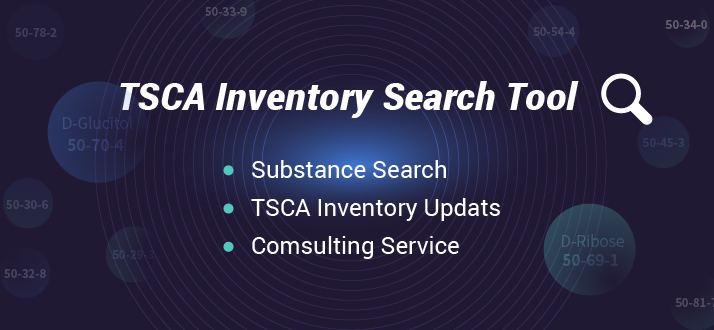Food Regulations: China Publishes the 14th Five-Year Plan for Food Safety Standard, Monitoring and Evaluation
To advance the construction of “Healthy China\” and fully implement the requirements of China’s Food Safety Law, the National Health Commission publishes the “14th Five-Year Plan for Food Safety Standard, Monitoring and Evaluation” (hereinafter this Plan) on August 18, 2022.
At the beginning of this Plan, it reviewed the fruit of last Five-Year Plan. During the 13th Five-Year Plan Period, China made progress on the improvement of the national food safety standard system, the optimization of the food safety risk monitoring and evaluation system, the promotion of the national nutrition plan as well as the building of the professional personnel\’s work capacity. Yet there are still lots of challenges in food safety and nutrition, such as microorganism and heavy metal contamination, pesticide and veterinary drug residue, non-compliant use of food additives, the production and sales of counterfeit products, as well as the coexistence of nutritional deficiencies and overnutrition. Restrained by the weak risk evaluation system and the professional personnel’s insufficient competence, the current food safety and nutrition work system could not match people’s increasing awareness of health.
In this context, this Plan brings up the guiding ideology, basic principle, and four objectives to accelerate the development of China\’s food safety standards, risk monitoring & evaluation, and work related to food nutrition. The four objectives are
- to greatly improve the systematicness and stringency of the food safety standard system;
- to perfect the risk monitoring and evaluation system, e.g., greatly improving the capacity of identifying food contaminant risks;
- to propel the implementation of the national nutrition plan and rational diet action under Healthy China;
- to initially establish intelligent information platforms for better communication and coordination.
To fulfill the four goals, this Plan lays out 15 salient tasks. Major contents are as follows.
15 salient tasks for the 14th Five-Year Plan for Food Safety Standard, Monitoring, and Evaluation
| Major tasks | Specific tasks | Notes |
| Building a rigorous food safety standard system | 1. Improving the scientificity and stringency of standards, e.g., comparing the current standards with international standards; accelerating the formulation and amendment of food standards | China plans to amend and formulate over 100 national food safety standards, covering
|
| 2. Advancing the top-down design of food system construction, e.g., taking the risk monitoring and evaluation result as a basis for project proposal and conducting the re-assessment of safety standards for food additives and contaminants | ||
| 3. Enhancing the related service for stakeholders, e.g., building a convenient query system for food safety standards | ||
| 4. Getting more involved in international food codex affairs, e.g., perfect the food safety regulatory database of major trading countries/areas | ||
| Improving the food safety risk monitoring and evaluation capacity | 1. Completing the monitoring and report mechanism, e.g., fortifying the warning and monitoring ability of foodborne diseases | / |
| 2. Increasing the ability to identify hidden dangers for food safety risk management, e.g., to finish the map of over 100 major contaminants in China and set up a health risk database and warning model | ||
| 3. Raising the level of risk assessment and provide scientific support for food safety supervision and management, e.g., publishing measures for food safety risk evaluation and relevant supporting documents, as well as setting health-based guidance values for key substances | ||
| Implementing the national nutrition plan and fulfill rational diet action | 1. Reinforcing the foundation of nutrition work, e.g., monitoring food ingredients and building relevant databases; improving people\’s scientific awareness of a balanced diet; accelerating the use of Front-of-Package labeling | / |
| 2. Leading the development of the nutrition and health industry, e.g., improving the ability for nutrition monitoring and evaluation | ||
| 3. Accelerating the fulfillment of nutritional interventions, e.g., calling on people to join in the activity of \”reducing the intake of salt, oil, and sugar” | ||
| Increasing support and guarantee competence | 1. Building special laboratories for food safety risk assessment and standard development, | The construction of special laboratories include laboratories for food contaminants, biotoxin, microorganisms, food additives, food-related products, nutrition & special dietary foods, functional ingredient, and food ingredient |
| 2. Strengthening the construction of professional agencies and talent teams, e.g., cultivating professional teams to work on international cooperation and the development of “one belt one road” | ||
| 3. Using digital technology to propel the informatization of food safety standard and monitoring evaluation | ||
| 4. Improving the systematic support level, e.g., raising the food safety and nutrition innovation ability by cooperating with universities and professional institutes | ||
| 5. Carrying out the science popularization work and food safety risk communication |
Reference Links
